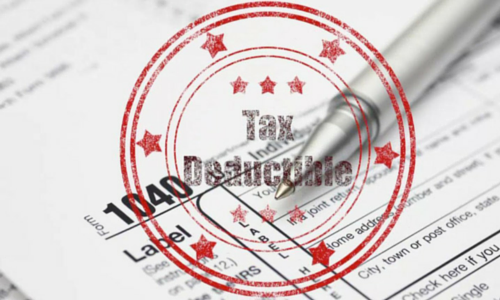If Tax Day has come and gone and you haven’t filed your taxes or filed for an extension, your immediate steps depend on whether you think you owe the IRS money or not.
If you don’t owe any taxes, the IRS will not penalize you for not filing. In fact, if you have a refund coming, they are happy to hold onto your money for you, giving you three years to file to request your refund.
If, however, you owe money, they are much less forgiving. You could be hit with a failure-to-file penalty, a failure-to-pay penalty, and possibly other charges. Here is what you can expect:
- Failure-to-file penalty (FTF): 5% of unpaid taxes owed for each month or partial month until paid, capped at 25%.
- Failure-to-pay penalty (FTP): 0.5% of unpaid taxes and interest owed each month or partial month until paid, capped at 25%.
- If you’re paying both the FTF and the FTP penalty, the FTF fee is decreased by the FTP penalty.
- A minimum of the lesser of $205 or 100% of owed taxes will be assessed if you are over 60 days late.
These fees can become quite burdensome, so do not ignore your responsibility to file.
Your Options
File as soon as possible, even if you can’t pay your entire tax responsibility right away. The rate for failing to file is ten times greater than that for failing to pay (5% per month vs. 0.5% per month). Even if you can’t pay all your taxes due, pay what you can to decrease that interest penalty.
After filing, you can request a payment plan from the IRS. If you’re able to pay off your taxes within 120 days, there’s no fee to set up the plan. If you will need more than 120 days, you can still set up an installment plan, but you will have to pay a fee ranging from $31 – $225, depending on how you set it up.
If you feel you had a good reason to miss the deadline, you can request penalty relief based on “reasonable cause.” The IRS does not define what constitutes reasonable cause and weighs each request on a case-by-case basis. However, if according to the IRS you acted with “ordinary business care and prudence” and circumstances beyond your control made it impossible for you to comply, the IRS may wave some or all fees. Some circumstances that the IRS considers reasonable cause include:
- Fire, casualty, natural disaster
- Death, serious illness, incapacity, or unavoidable absence
- Inability to obtain records
- Misguidance from an IRS publication or other tax professional
In order to successfully request IRS penalty abatement, you have to provide a clear and convincing argument with documentation to support your claims. It’s best to talk to a trusted tax professional who can help guide you through this difficult process.
Please contact us to help you with your late filing, payment, installment plan, or penalty abatement request. We’ve been serving the businesses and individuals in Willow Grove, Abington, Huntingdon Valley, and surrounding areas for over 30 years.





